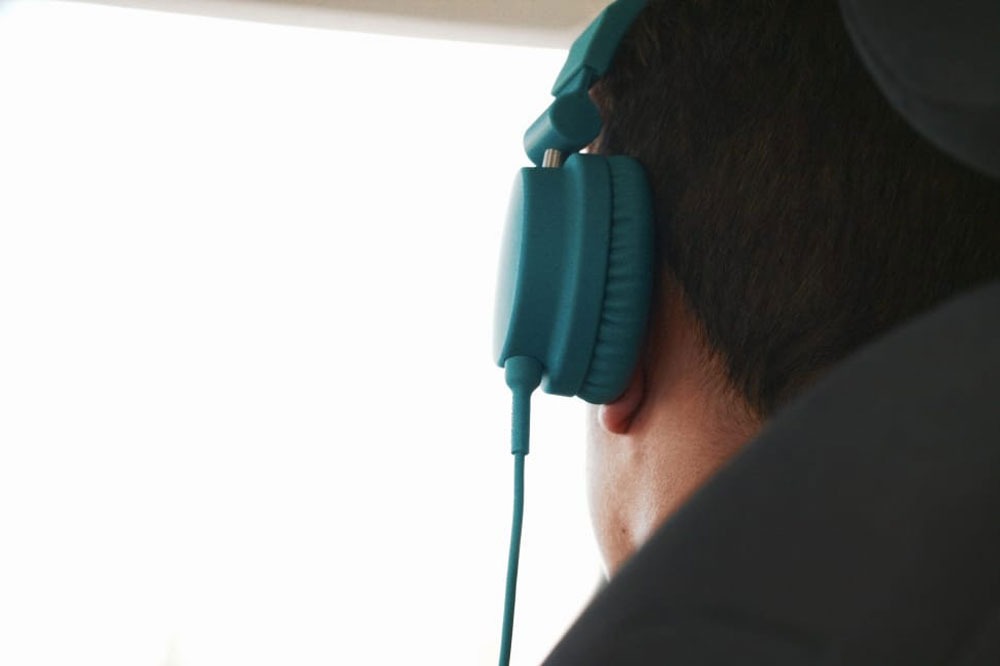September 1, 2011; Source: Pharma Times | In an exciting development, the Mayo Clinic is experimenting with the use of social networking to contact large and demographically diverse groups of people with rare medical conditions. This could cut the time required and cost of studies to test treatments. The pilot effort used patient-run websites dedicated to heart conditions as a way to contact survivors of spontaneous coronary artery dissection (SCAD), a condition that affects only a few thousand Americans each year.
The effort was sparked by a patient with SCAD who was volunteering to help promote more research into the condition. “Designing research protocols to study rare diseases and then recruiting enough patients to participate is extremely difficult for busy physicians,” Lee Aase, director of the Mayo Clinic’s Center for Social Media and co-author of the study to be published in Mayo Clinic Proceedings, told Pharma Times. “But patients with rare diseases are highly motivated to see research happen,” he said.
Sign up for our free newsletters
Subscribe to NPQ's newsletters to have our top stories delivered directly to your inbox.
By signing up, you agree to our privacy policy and terms of use, and to receive messages from NPQ and our partners.
In an editorial accompanying the study, Dr. Barbara Brandom of the department of anesthesiology at the University of Pittsburgh Medical Center writes, “Authority and responsibility for research into rare medical conditions are devolving from the researchers to the patient-participants.”—Ruth McCambridge













